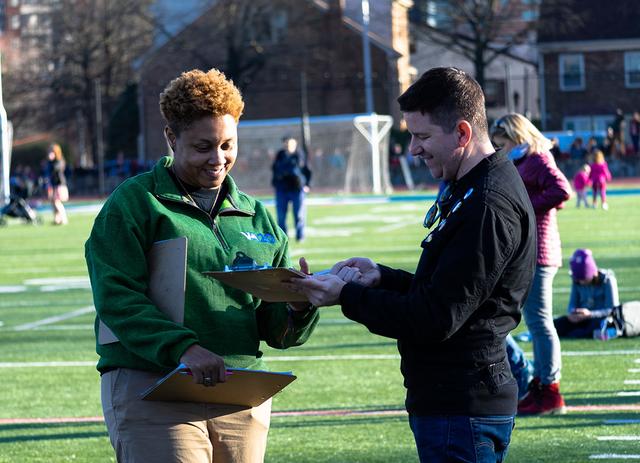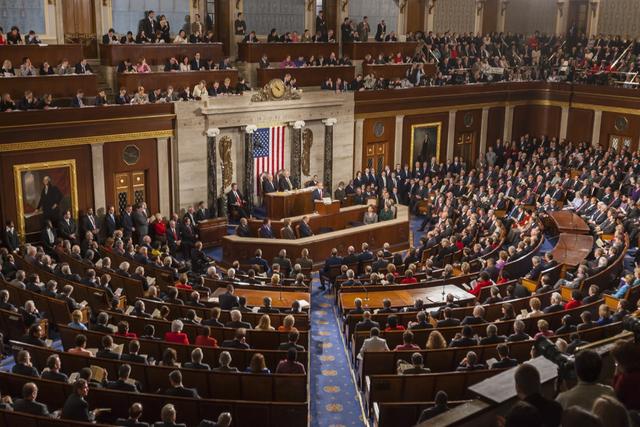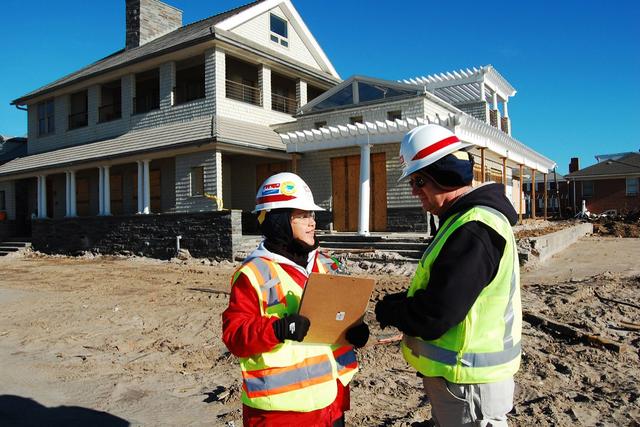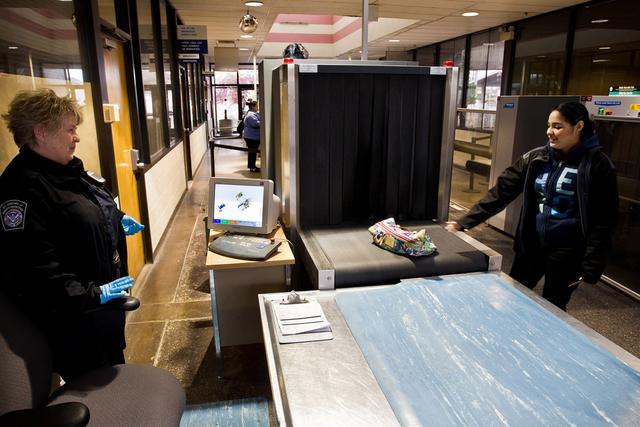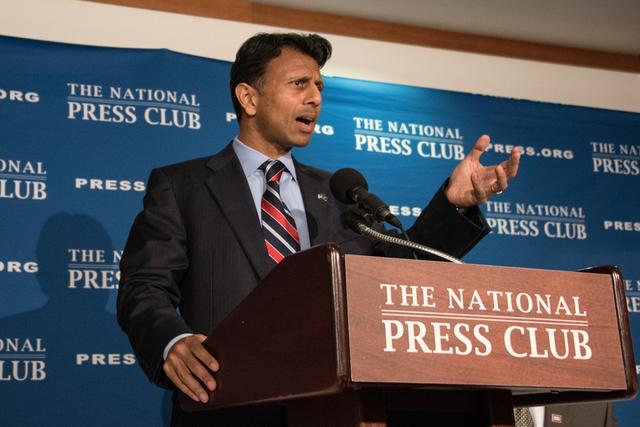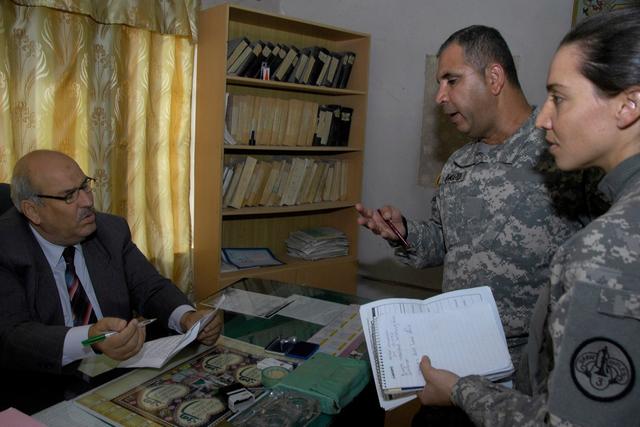Regional and Local Officials
Overview

Introduction
Regional and local officials hold positions in the legislative, executive, and judicial branches of government at the local level. They include mayors, commissioners, and city and county council members. These officials direct regional legal services, public health departments, and police protection. They serve on housing, budget, and employment committees and develop special programs to improve communities.
Quick Facts
Median Salary
Employment Prospects
Minimum Education Level
Experience
Skills
Personality Traits
Earnings
In general, salaries for government officials tend to be lower than what the official could make working in the private sector. In many local offices, officials volunteer their time, work only part time, or are given a nominal salary. One example of salary waiving is former New York Mayor Bloomberg, who amassed great wealth through his media business prior to election to office; he declined to ...
Work Environment
Most government officials work in a typical office setting. Some may work a regular 40-hour week, while others work long hours and weekends. Though some positions may only be considered part time, they may take up nearly as many hours as full-time work. Officials have the opportunity to meet with the people of the region, but they also devote a lot of time to clerical duties. If serving a large...
Outlook
Though the form and structure of state and federal government are not likely to change, the form of your local and county government can be altered by popular vote. Every election, voters somewhere in the country are deciding whether to keep their current forms of government or to introduce new forms. But these changes dont greatly affect the number of officials needed to run your local governm...





